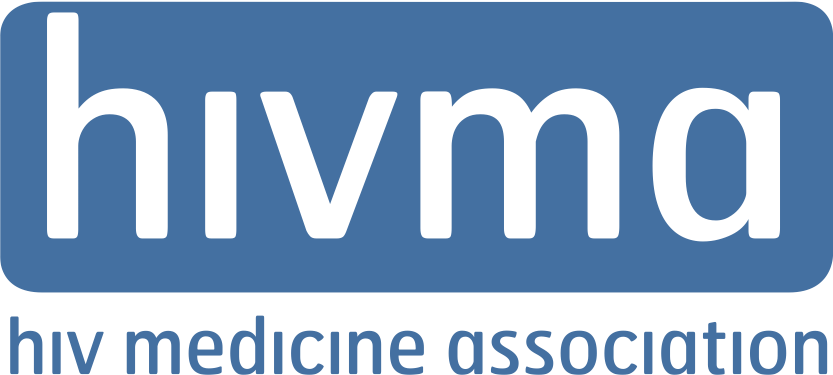03/22/2018
The national opioid crisis is fueling a rise in infectious diseases including HIV, viral hepatitis and bacterial infections such as infective endocarditis and musculoskeletal infections. Such secondary consequences of opioid addiction constitute an additional public health threat that demands urgent, coordinated, evidence-based and sustained action. IDSA and HIVMA appreciate the concentration of congressional and federal agencies on these issues. Most recently, we were encouraged by this week’s House Energy and Commerce Committee hearing on more than two dozen legislative proposals offering public health solutions to the opioid crisis including the Eliminating Opioid-Related Infectious Diseases Act introduced by Representatives Lance (R-NJ) and Kennedy (D-MA). We urge Congress to act now following the hearing. To help advance meaningful, evidence-based solutions to the infectious diseases aspects of the opioid epidemic, IDSA and HIVMA released policy and research recommendations this week.
IDSA and HIVMA members call on both the Congress and the Administration to pursue dedicated responses to the opioid epidemic and its infectious diseases impacts. New funding is needed to increase surveillance of injection-related infections, to expand evidence-based infection prevention strategies (including syringe services programs), and to build ID and substance use treatment workforce capacities. We also urgently need access to care models that effectively treat both infectious diseases and substance use disorders in an integrated fashion. Such models will also facilitate research to improve both the treatment and the prevention of injection drug and related infections.
In the White House opioid plan released earlier this week, IDSA and HIVMA welcomed the commitment to increasing access to evidence-based treatment for opioid addiction. However, we are concerned the plan did not recognize the substantial role infectious diseases play in the current crisis. Federal responses should integrate prevention and treatment of infectious diseases as part of a comprehensive approach.
ID and HIV clinicians on the frontlines of the opioid epidemic report that 25 to 50 percent of their inpatient consultations are due to infections among patients who inject drugs. The ability to treat these infections and prevent future infections is severely compromised by the limited access to addiction treatment within the hospital setting. Without access to effective programs for co-treating both addiction and infectious diseases, patients frequently return with even more serious infections or increasingly drug-resistant infections.
Effective responses to this public health crisis must recognize addiction as a medical condition that requires a long-term comprehensive approach to prevention and treatment. Any investment will require new resources so as not to compromise other public health responses that are already challenged by inadequate funding and competing demands. The Centers for Disease Control and Prevention sounded the alarm in 2016 by identifying 220 counties that were at risk for serious HIV and hepatitis C outbreaks, following their investigation of the epidemic in Scott County, Indiana the previous year. Recent clusters of new HIV infections associated with injection drug use already have been identified in Kentucky and West Virginia. We must act now to avert additional outbreaks that have far-reaching consequences.
More on IDSA and HIVMA recommendations on addressing infectious diseases and opioid use disorder is on the IDSA and HIVMA websitesThe Pediatric Infectious Diseases Society also endorsed the policy recommendations.

